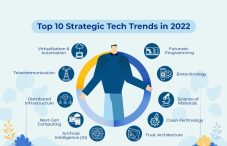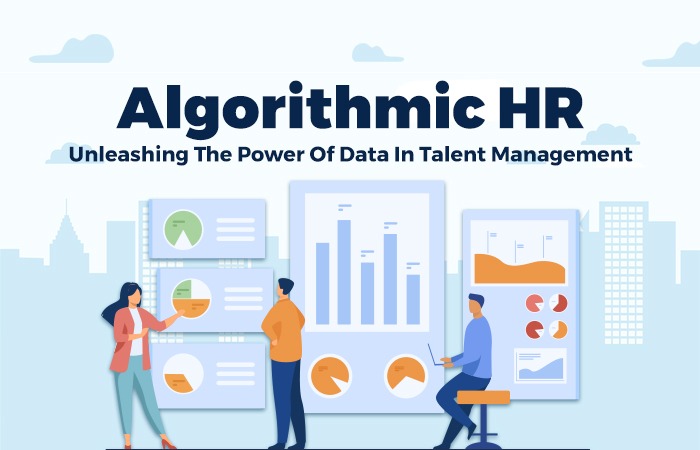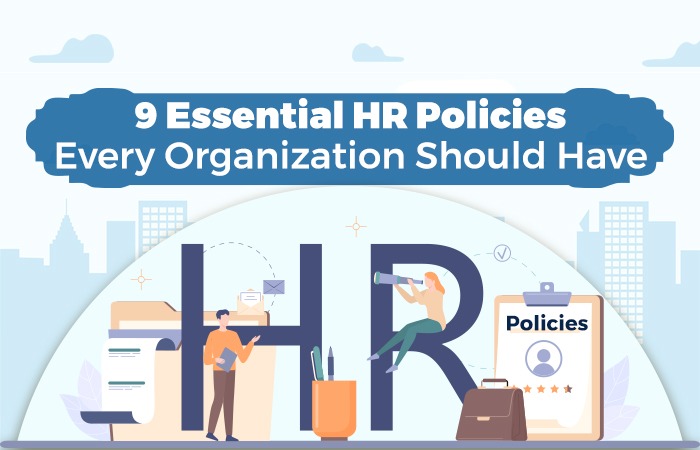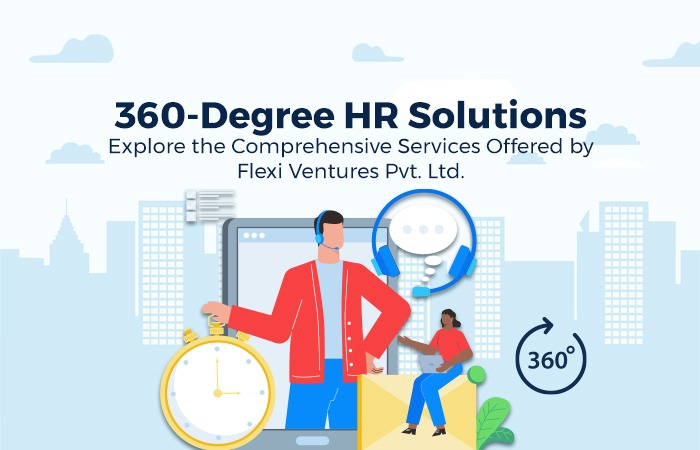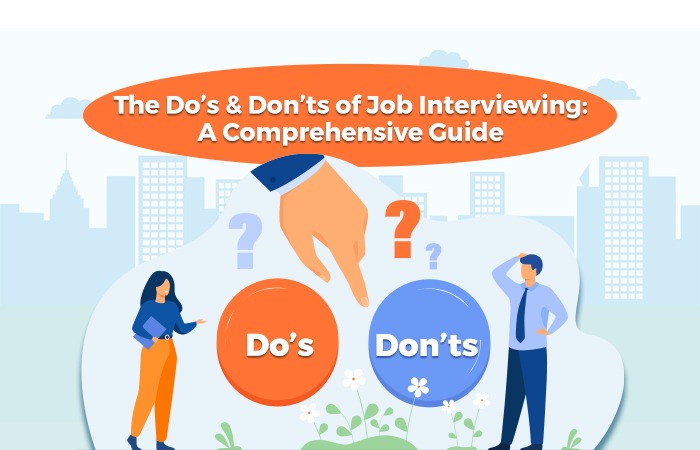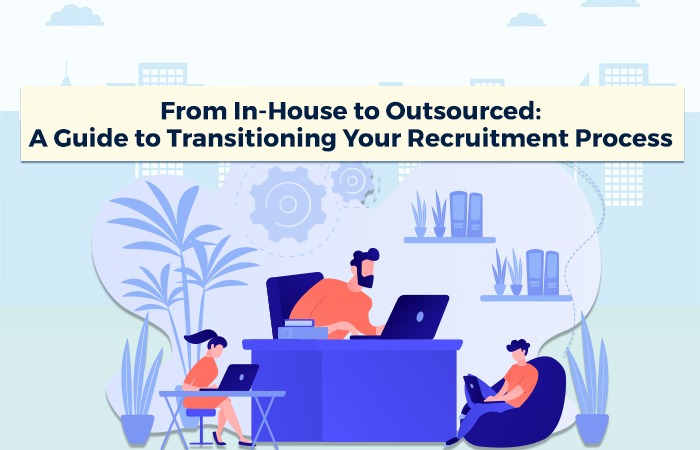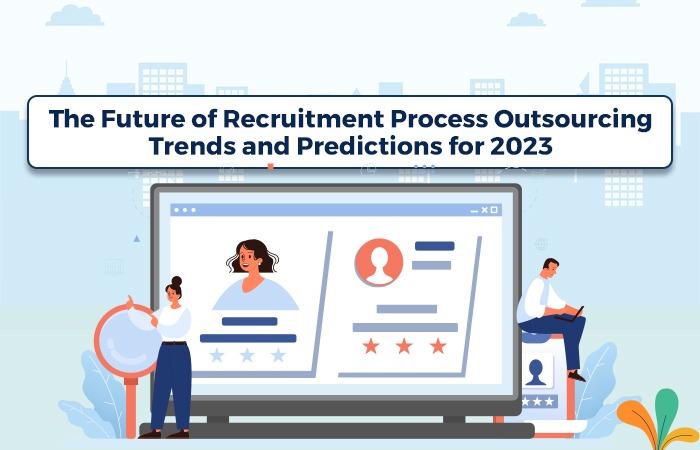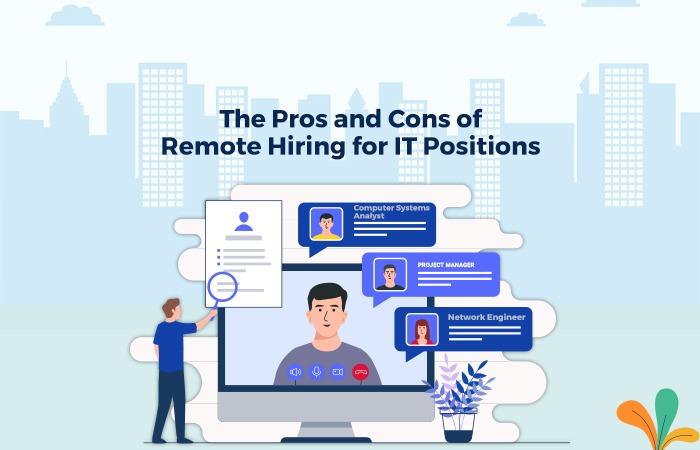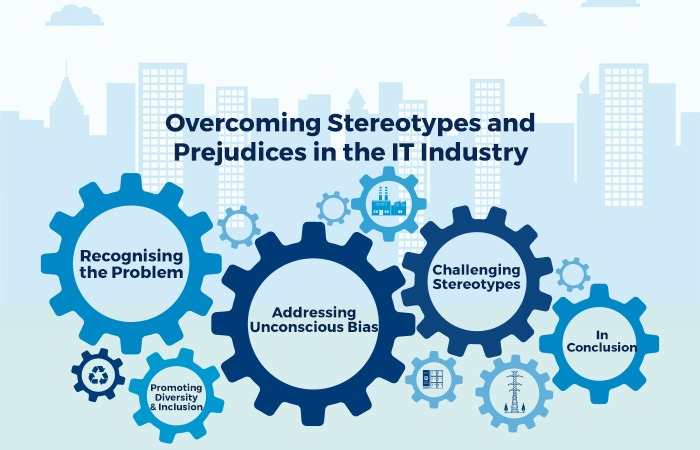The Tech business has always been a fast-paced one. However, according to McKinsey & Company, we will see more technological advancement in the next decade than we did in the previous 100 years combined and as much as ten years’ worth of e-commerce growth might have been compressed into just three months in late 2019.
Any change is unnerving but keeping up with the latest changes is even more so. Part of the issue is determining what adjustments are the most important and which ones are the least likely to bear fruit.
These are the leading 10 innovations drawing the interest and funding of entrepreneurs and technologists. These are the ones who are most likely to be conspicuous in the digital workplace’s shifting face. Assessing the effect they will have on businesses and the individuals whose employment will be impacted could be crucial to avert any of the worst consequences of the ensuing interruption.
- Virtualization & Automation
As next-level automation and virtualization grow more ubiquitous, around 50% of all existing work tasks could be automated in the next few decades.
“By 2025, the Industrial Internet of Things (IIoT) will be connected to more than 50 billion devices,” McKinsey estimates. Robotics, mechanization, 3D printing, and other technologies will produce 79.4 zettabytes of data each year.
- Telecommunication
Faster digital connections, enabled by 5G and the Internet of Things, have the potential to spur economic growth. According to McKinsey, faster connections in “transport, healthcare, manufacturing, and retail” could boost global GDP by $1.2 trillion to $2 trillion by 2030.
“Broad alterations in the corporate landscape will be driven by far increased network availability and capability, from the digitization of production (by remote control of mobile tools, machines, and robots) to decentralized energy distribution and remote patient monitoring.”
- Distributed Infrastructure
70% of businesses will use multi-cloud or hybrid-cloud platforms as part of their dispersed IT infrastructure by 2022. Data and processing will be handled on the cloud, but gadgets will have quicker access to it.
- Next-Gen Computing
According to McKinsey, next-generation computing will “help uncover answers to challenges that have confounded science and civilization for years, unlocking new corporate capabilities.” It covers a wide range of technologies, from quantum AI to completely automated driving, and as a result, it won’t be a priority for many businesses right at once. “Recognizing whether you’re in a first-wave sector,” McKinsey says, or “whether your firm depends on proprietary information and other information that must be protected during the change from conventional to quantum cryptography” is part of preparing for next-generation computers.
- Artificial Intelligence (AI)
The development of artificial intelligence is still in its infancy. As technology advances, it will be used to build further electronic tools, such as teaching machines to spot patterns and then act on what they have discovered.
According to McKinsey, AI-generated conversation will account for more than half of all computer engagements by 2024. According to the consultancy, companies are still looking for methods to use AI effectively: “While every organization may derive great value from AI if it’s deployed well and in a repeatable manner, less than a quarter of the respondents indicate significant underside impact.”
- Futuristic Programming
Prepare for Software 2.0, in which neural nets and machine learning generate code and software. According to McKinsey, “this trend enables the rapid scalability and spread of new data-rich, AI-driven applications.”
It may result in the development of software programs that are far stronger and more capable than anything now accessible. However, it will make it easy to standardize and automate existing software and development processes.
- Biotechnology
The bio revolution, propelled by AI, automation, and DNA sequencing, promises the creation of gene editing, hyper-personalized pharmaceuticals, and genetics-based diet and exercise recommendations. These changes will open up new markets, but they will also create some serious ethical concerns. “Organizations must evaluate their bQ, or bio-quotient, which measures how well they comprehend biological research and its ramifications. They should next decide how much money they want to spend on biological technologies and services. Whether they want to incorporate them into their current R&D or collaborate with scientific start-ups,” McKinsey adds.
- Science of Materials
Materials science advancements can alter a variety of industries, including pharmaceuticals, energy, transport, healthcare, electronics, and production. Graphene, for example, is a single sheet of carbon atoms arranged in a honeycomb lattice shape that, despite its extraordinary thinness, is roughly 200 times stronger than steel. It’s also a tremendously efficient conductor that has the potential to transform transistor performance. The other is molybdenum disulfide, which is already being utilized in flexible electronics as nanoparticles.
- Clean-Technology
The clean-tech trend is centered on renewable energy, cleaner/greener transportation, energy-efficient structures, and sustainable water consumption. Clean-use tech is becoming more prevalent as costs fall, and its disruption is seen across a rising range of industries.
- Trust Architecture
More than 9 billion information and data were exposed in 2019. Criminals continue to redouble their efforts despite breakthroughs in cybersecurity. According to McKinsey, trust architecture will aid in the fight against cybercrime.
The usage of public blockchains is one method of constructing a trust architecture. “Trust architectures minimize the cost of dealing with security requirements, cut the operating and capital expenses connected with security, and allow more cost-efficient exchanges, such as between sellers and buyers,” according to McKinsey.

